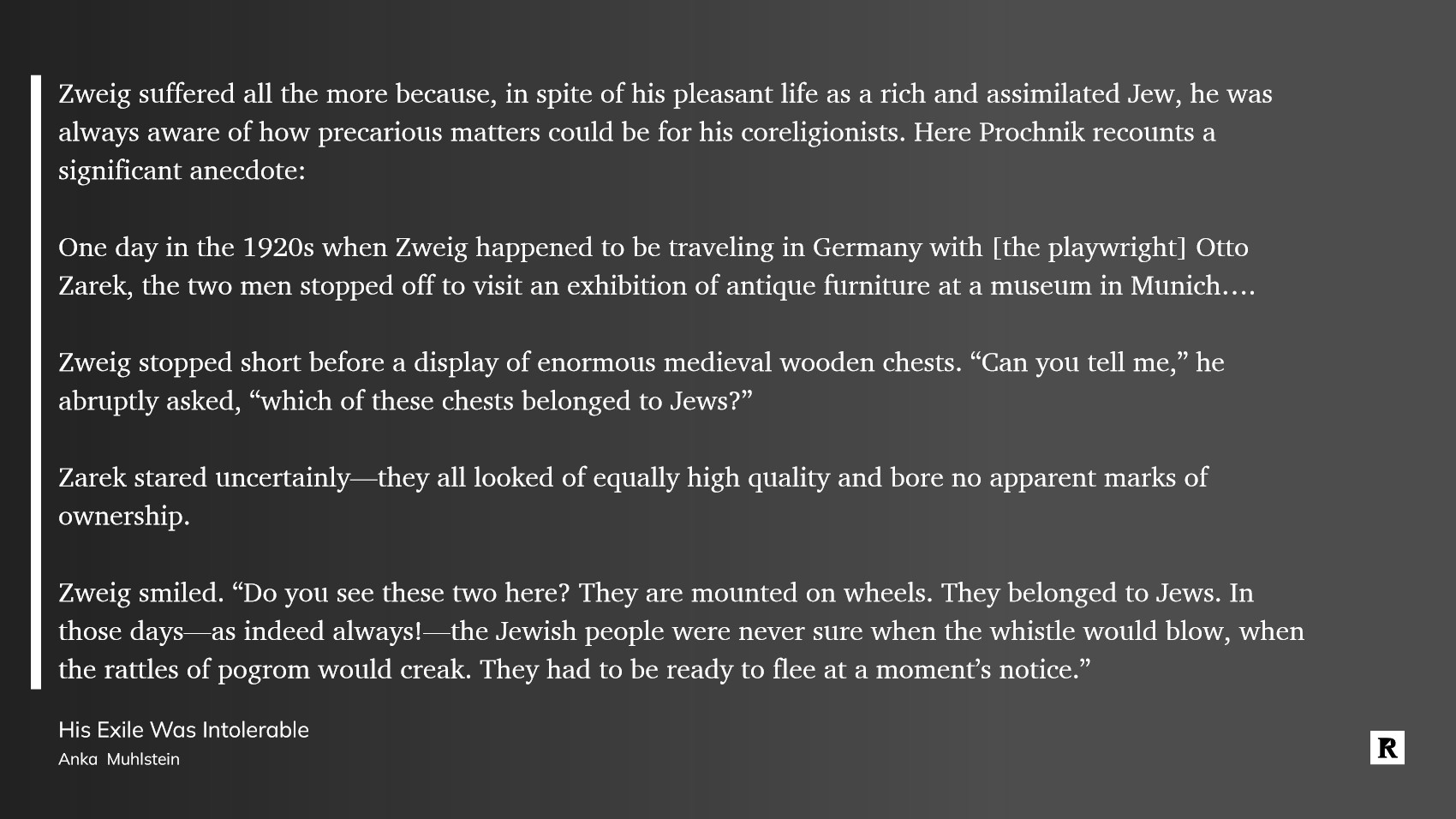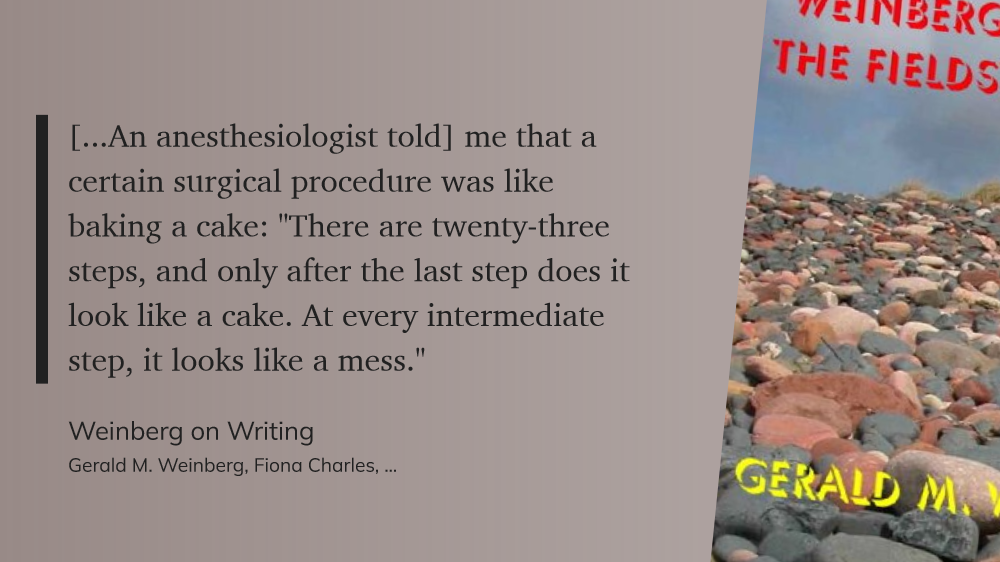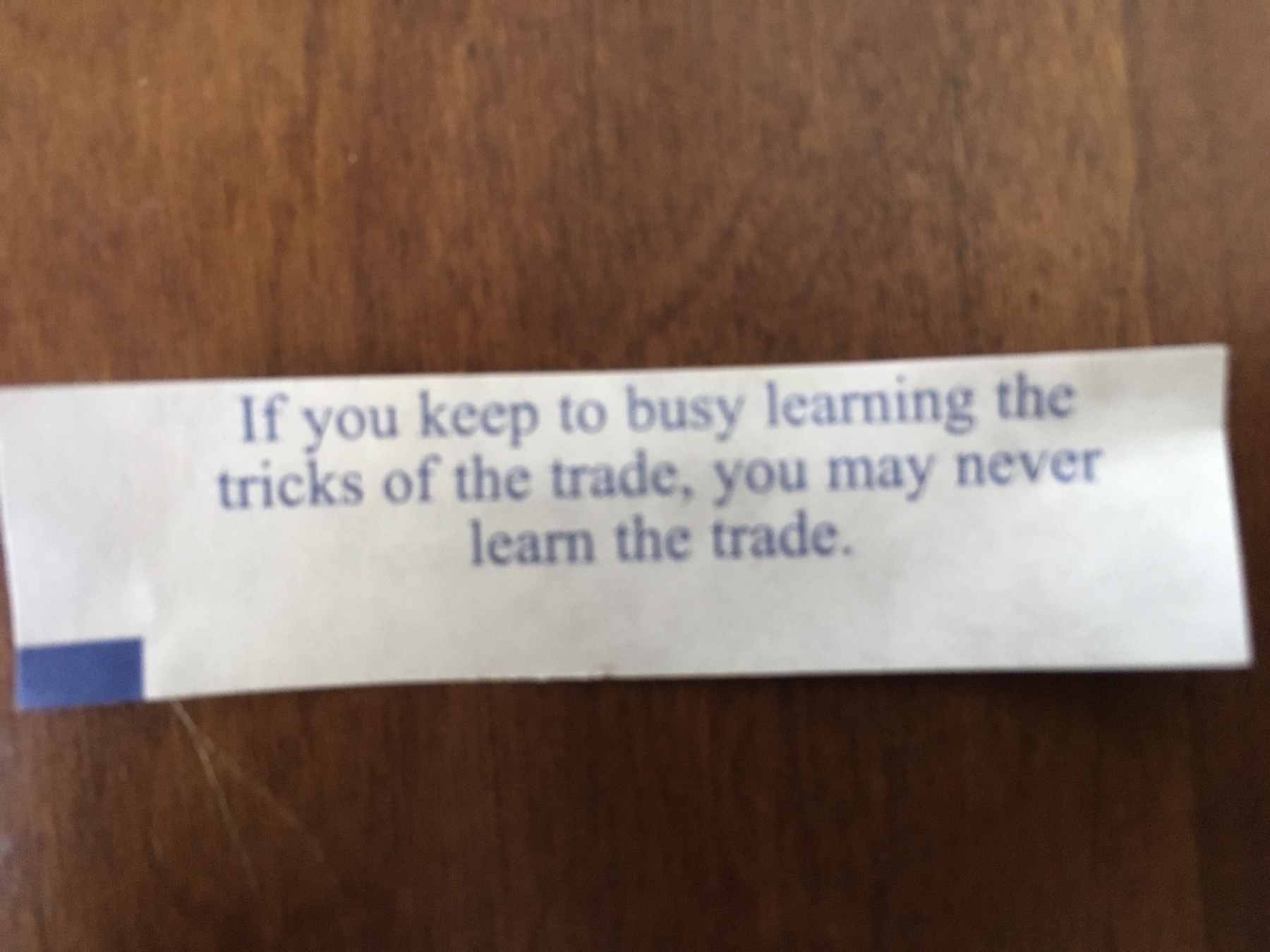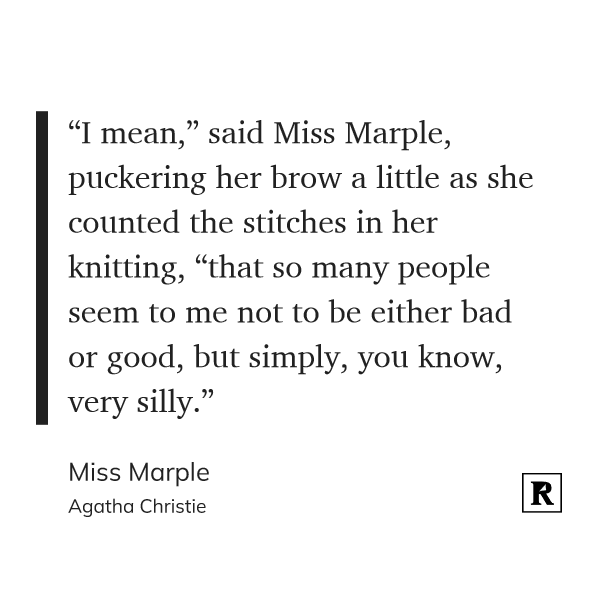CJ Chilvers gently disputes the claim of text files as the best future-proof archival medium.
There’s no magic file format. Most are likely to last long enough for you to convert to something else if need be. It’s more important to find the constraint that works for you…
I wouldn’t worry too much about your archive, though. Nothing digital is of archival quality. There hasn’t been enough time to test any format or storage method.
One of the peculiarities of archival research is that most paper has survived by accident. That’s how durable paper can be. Nowadays, archivists know exactly how to store paper; they know the temperature, humidity, pressure, etc. needed to preserve books, documents, etc. so it can last for a hundred or more years.
But digital media? Forget it. That whole area of preservation is constantly in flux and few archival standards have emerged – apart from maybe PDF-A – to ensure that even this web site will last for the next 20 years. Storage media, file formats, shifting standards, popular uptake: they all play a part.
I agree with Chilvers: old email, PDFs, and Word files work just fine for me, and for most people as well. I also count Evernote, which I’ve been using for 10+ years. Using rich text format (RTF) to capture formatting, bulleted and numbered lists, and images makes note-taking and note-making a more pleasurable and useful process.
Very few things will last forever. If they can last long enough to be of use to us, then that’s long enough.



